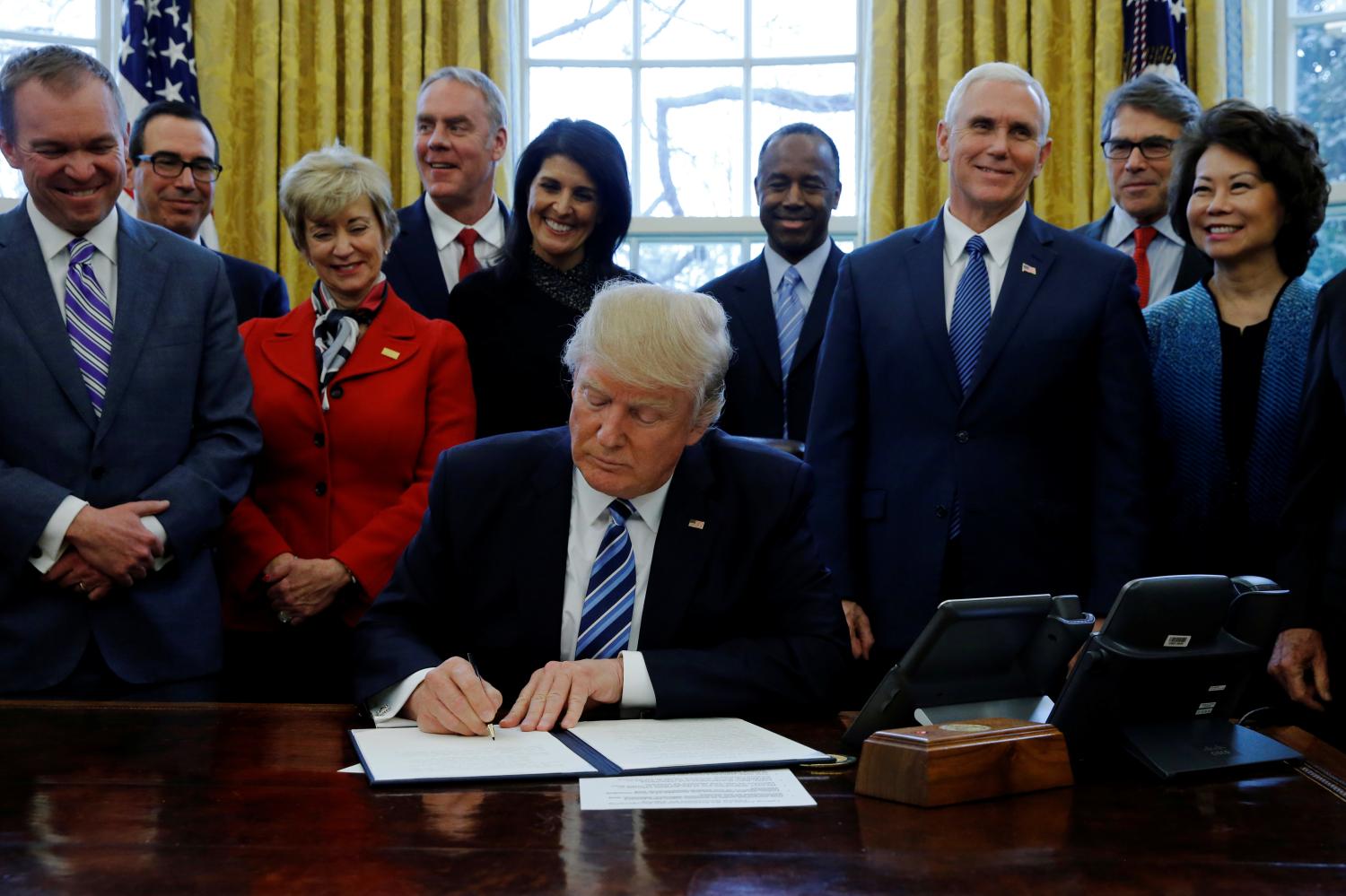Originally published as a Working Paper in May 2006 – Executive Summary
Here’s the short version of everything you need to know about global warming. First, the consensus of the scientific community has shifted from skepticism to near-unanimous acceptance of the evidence of an artificial greenhouse effect. Second, while artificial climate change may have some beneficial effects, the odds are we’re not going to like it. Third, reducing emissions of greenhouse gases may turn out to be much more practical and affordable than currently assumed.
This brief will address the three points above and, in an appendix, offer non-jargon explanations of the most important recent findings of greenhouse science. But the pressing point of this briefing is not so much scientific as it is practical—that action against artificial global warming may not prove nearly as expensive or daunting as commonly believed. Greenhouse gases are an air pollution problem, and all air pollution problems of the past have cost significantly less to fix than projected, while declining faster than expected. This gives cause to hope that artificial greenhouse gases can be controlled reasonably cheaply and without wrenching sacrifices to the global economy. And if there is a chance of an economical approach to greenhouse-gas reduction, then what are we waiting for? Let’s start now.
The Brookings Institution is committed to quality, independence, and impact.
We are supported by a diverse array of funders. In line with our values and policies, each Brookings publication represents the sole views of its author(s).




